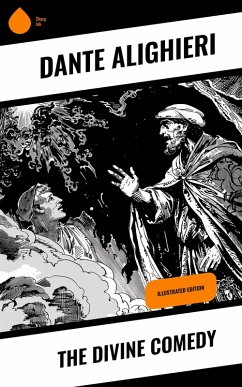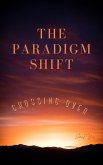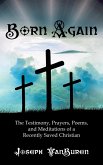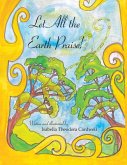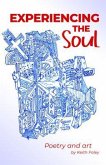Dante Alighieri's "The Divine Comedy" stands as a monumental work in the canon of world literature, intricately weaving together poetry, philosophy, and theology into a profound exploration of the soul's journey toward God. Composed in the early 14th century, the poem is structured in three parts-Inferno, Purgatorio, and Paradiso-each representing a realm of the afterlife, characterized by its unique allegorical richness and moral complexity. The terza rima form reflects both the intricate structure of the cosmos and Dante's innovative approach to vernacular literature, allowing him to address universal themes of sin, redemption, and divine love with unparalleled depth and artistry. This period of the Italian Middle Ages, marked by burgeoning humanism and the transition from medieval to Renaissance thought, profoundly influenced Dante's narrative vision. As a Florentine poet and political thinker, Dante's life experiences-his exile from Florence and deep engagement with the political turmoil of his time-imbued his work with personal urgency and social critique. Dante was also well-versed in classical literature and Christian theology, drawing from a diverse array of sources that shaped his multifaceted worldview. His journey through the realms of the afterlife serves as both a personal quest for salvation and a poignant commentary on the moral failures of society. "The Divine Comedy" is highly recommended for readers seeking a profound exploration of human existence and spirituality. Its intricate layers of meaning invite multiple interpretations, making it a rich text for scholarly analysis as well as for personal reflection. Engaging with Dante's epic invites a transformative journey that reverberates across time, appealing to anyone interested in ethics, philosophy, or the power of poetic expression.
Dieser Download kann aus rechtlichen Gründen nur mit Rechnungsadresse in A, B, BG, CY, CZ, D, DK, EW, E, FIN, F, GR, HR, H, IRL, I, LT, L, LR, M, NL, PL, P, R, S, SLO, SK ausgeliefert werden.

